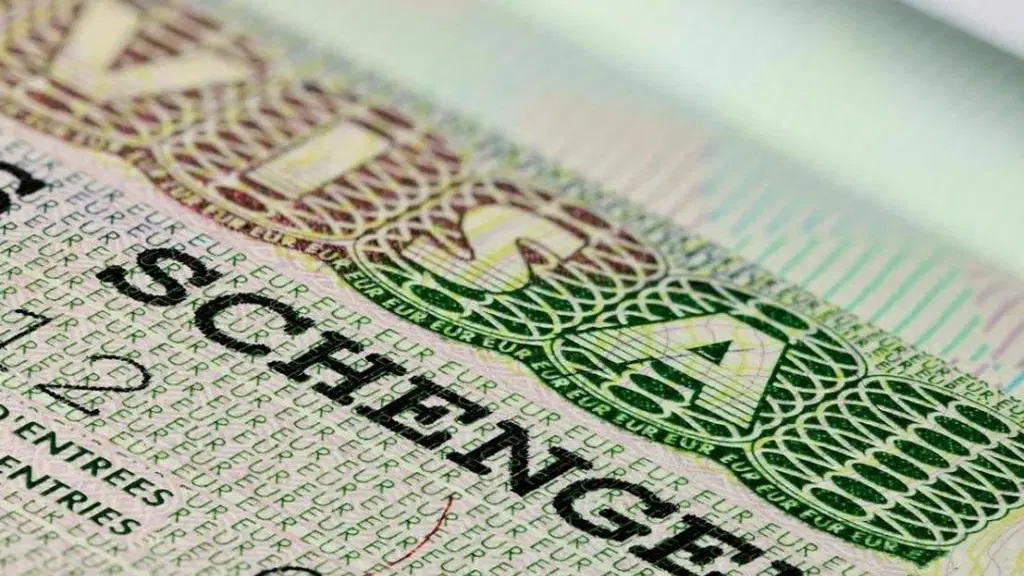Traveling to the Schengen area from non-EU countries, including Nigeria, necessitates obtaining a visa. For many Nigerians, the visa application process can resemble walking a tightrope, filled with uncertainties and frustrations.
The Schengen Area, comprising 27 member countries, varies significantly in its approach to visa approvals. Data from Schengen Visa Info reveals that some countries have notably high rejection rates, particularly impacting travelers from Nigeria and other non-EU nations.
In 2023, several countries stood out for their challenging visa application processes, making them key considerations for those planning European trips:
1. Malta
Malta had the highest rejection rate among Schengen countries, denying 37.6% of visa applications. Out of 33,306 applications, 12,261 were rejected, with Algerian applicants facing a staggering 90.35% denial rate. Ghanaian and Moroccan applicants also experienced significant rejections, with rates of 62.69% and 60.37%, respectively.
2. Estonia
Estonia rejected 61.4% of its visa applications in 2023, totaling 4,347 denials. Egyptian applicants suffered the most, with a rejection rate of 59.5%. Nationals from the UAE and India also faced challenges, with rejection rates of 57.9% and 49.7%. In contrast, Chinese applicants encountered a much lower rejection rate of just 7.3%.
3. Belgium
Belgium had a rejection rate of 26.6%, with 60,148 of 225,951 applications denied. Senegalese applicants faced the highest rejections at 67.8%, followed by Angolan (66.44%) and Nigerian (62.45%) nationals.
4. Sweden
Sweden denied approximately 23.1% of its visa applications, translating to around 60,148 rejections. Iranian nationals experienced the most significant hurdles, with a rejection rate of 76.65%, followed by Pakistanis and Lebanese applicants at 69.49% and 66.21%, respectively.
5. Denmark
Denmark rejected 21.2% of the 107,872 visa applications it received, amounting to 21,509 denials. Notably, Moroccans faced a 100% rejection rate, though this was based on only two applications. Iranians and Pakistanis also saw high rejection rates of 76.65% and 69.49%.
Conclusion
These statistics underline the varying degrees of difficulty faced by travelers applying for Schengen visas. Countries like Malta, Estonia, Belgium, Sweden, and Denmark represent the toughest landscapes for visa approvals, especially for Nigerian applicants. Understanding these challenges can help travelers better prepare for their journeys to Europe.

